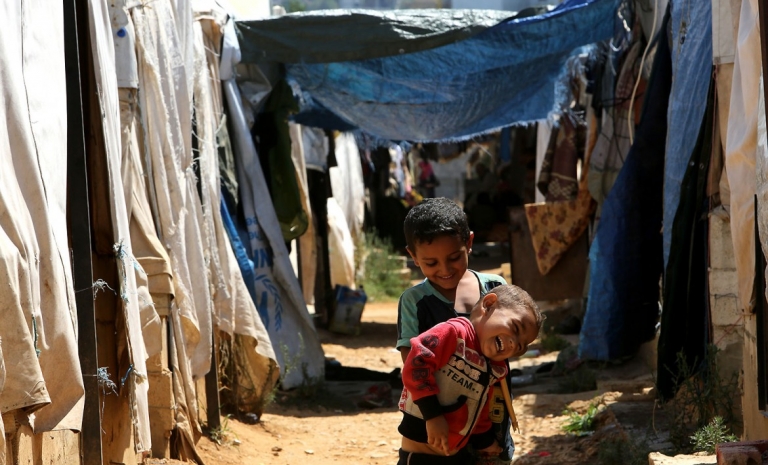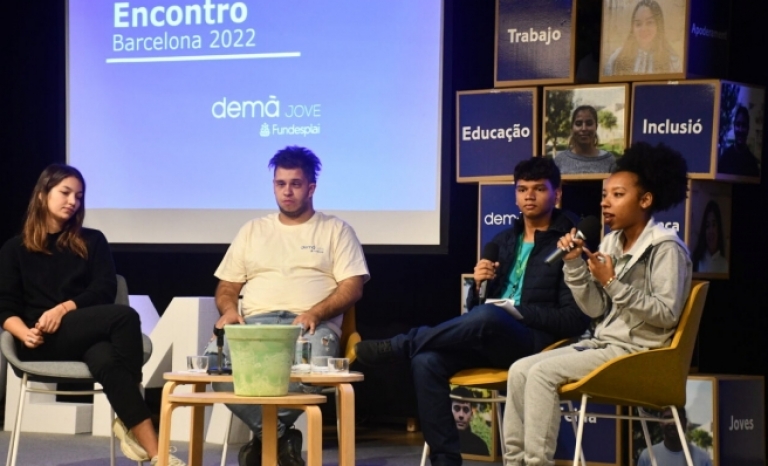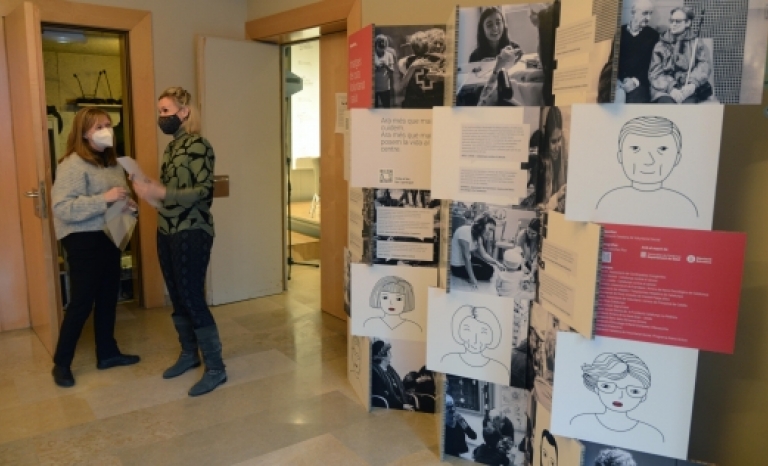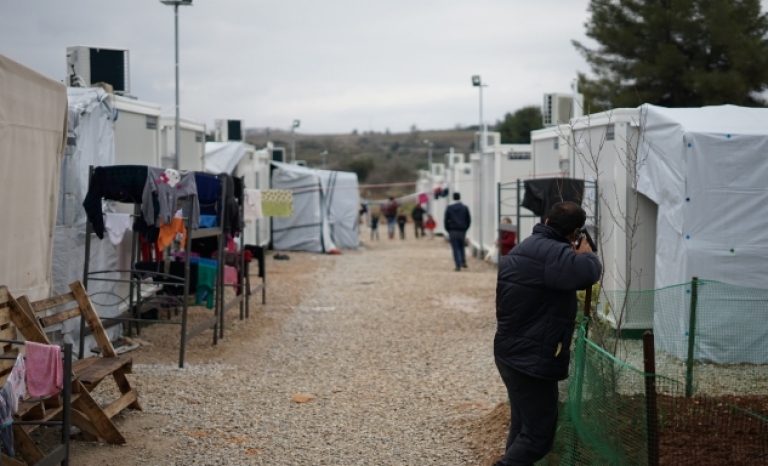The International Committee of the Red Cross thinks that COVID-19 does not have to be catastrophic for countries with weakened healthcare systems, but it does require the international community to scale up support.
We have interviewed the media team leader at the International Committee of the Red Cross to know how the COVID-19 is affecting the most vulnerable areas all over the world and how the nonprofit organisations and governments are working to prevent the spread of the virus.
How is COVID-19 affecting the most vulnerable countries?
COVID-19 represents a dramatic threat to life in war-torn countries. The health systems where we work have already been ravaged by war. Conflict severely compromises the health infrastructure, and in some places has completely devastated it. The idea of further strain on already frail health systems is extremely worrying. Families will suffer as the world’s capacity to respond in the remotest and neediest of places is overwhelmed.
The biggest health challenges are found in places with the weakest health systems. A weakened health system due to conflict impairs the capacity for detection, management and the follow-up of cases of sickness, which in turn increases the risk of transmission.
What additional difficulties have to face these countries?
For people living in conflict zones, COVID-19 is one additional threat. It might be difficult for people in these areas to prioritize actions related to COVID-19 as there could be many other more immediate threats to life, such as gunfire, shelling and bombings and/or lack of life-saving health care for other medical needs.
For example, the hospitals ICRC supports in South Sudan have received more than 145 patients with gunshots wounds in recent weeks. We are at our maximum capacity and must focus on the most critical cases.
Do you expect that the situation could become worse in the most vulnerable countries?
We fear the worst for people in prisons and displacement camps around the world. In many places where the ICRC works clean water is a luxury, and soap may be non-existent. The implementation of basic infection prevention and control measures can be challenging due to the scarcity of resources.
Besides that, people who have been displaced by conflict are often particularly vulnerable to health complications. Their temporary accommodation or camps can be crowded, often with inadequate sanitation and shelter or little access to medical care and good nutrition.
What can nonprofit organisations do to avoid the spread of the virus in these camps?
In displacement camps, social distancing is not possible. We fear that it will be impossible to stop the spread of coronavirus inside a camp. There is not enough clean water and soap. This virus will spread rapidly and viciously, and aid organizations will try their best, but they too will be limited in terms of supplies and personnel to confront this massive wave.
What steps should the governments all over the world take to support people at risk of poverty and social exclusion?
As governments rightly try to protect their citizens and society-at-large, they must tend also to people in places of detention and displacement camps. Children, grandparents, parents in these places cannot be left to fend for themselves against a crippling and deadly illness. Authorities must take action, and we are on hand to support them.
What role is ICRC playing in order to tackle this trouble?
The Red Cross and Red Crescent Movement has been working with communities around the world to increase preparedness and resilience since February 2020. In many countries in Africa for instance, epidemic preparedness measures that governments, authorities and National Societies have made for existing threats, like Ebola, mean COVID-19 prevention measures are already activated. But more needs to be done to increase response capacity, as COVID-19 case begin to be reported.
Do you think that we still in time to avoid the worst prospects in most vulnerable areas?
COVID-19 does not have to be catastrophic for countries with weakened healthcare systems, but it does require the international community to scale up support. We’re calling on States, to boost resources for countries with limited capacity to respond to this urgent threat. The private sector also has a role to play. With a truly global response, the very worst can be avoided.









Add new comment